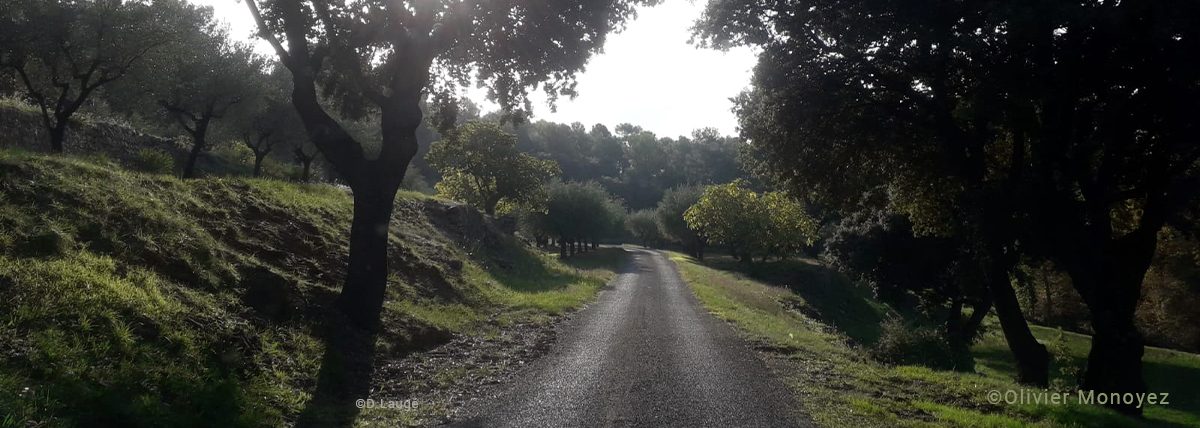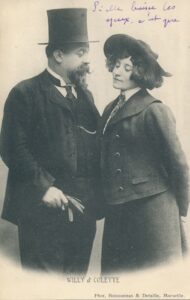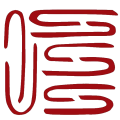
February 2023
Agenda
Projet européen ECO, pour “European concepts online organized by Thomas Serrier, Kornelia Konczal & Valérie Rosoux.
This project – a declared tribute to Umberto Eco – wants to show the conditions of possibility of a European space by reflecting on the barriers that oppose its emergence. The objective is to develop a truly multilingual, reasoned and commented online directory of the key concepts of contemporary European political and social discourse, where both dialogue and European misunderstandings are played out. Through a panoramic presentation of languages and an opening to multimedia, the aim is to produce a new reference tool made available to as many people as possible.
EXHIBITION
The sheep of the collection
Château Borely in Marseilles welcomes François-Xavier Lalanne’s sheep until March 12, 2023.
Anne Gruner Schlumberger (1905 – 1993) was one of the first collectors to acquire François-Xavier Lalanne’s “Pour Polyphème” set for her Treilles estate in Tourtour [find out more more].
Château Borély, Musée des Arts décoratifs, de la Faïence et de la Mode 132 avenue Clot Bey, 13008 Marseille.
Exhibition of the 2022 winners of the Residency Prize for Photography
The resident artists in 2022, Mohamed Camara, Alain Fleischer and Karine Pierre invite us this year to discover through their eyes three singular entry points into Mediterranean stories.
Mohamed Camara makes the Mediterranean wind sing through curtains woven in Bamako and full of stories to reveal. Alain Fleischer pays homage to the transdisciplinarity dear to the Treilles, with his dreamlike and immersive interpretation of Ovid’s poem. Karine Pierre delivers with “Ragged Lands” an iconography of survival, condensed in the dilapidated “Gaza Hospital” of Beirut. The exhibition will continue until February 24 at Initial LABO. [learn more]
Open from Tuesday to Saturday from 10 am to 7 pm.
62, avenue Jean Baptiste Clément, 92100 Boulogne Billancourt.
We are expecting many of you for the opening on February 9 at 6 p.m.!
Colette in our archives

On the occasion of the 150th anniversary of her birth, the Treilles library invites you to meet Colette by immersing yourself in the archives of the André Gide-Jean Schlumberger Literary Centre.
The most notable of these archives are kept in the Flament collection where we find a small correspondence of about ten letters exchanged between Colette and Albert Flament, literary and artistic critic, but also a writer and whose precious archives we have kept since 2008. In these exchanges, spaced about thirty years apart, from the very beginning of the 20th century to the 1930s, our woman of letters signed Colette Willy then Colette de Jouvenel and finally, in notes written on blue paper, she mentions on several occasions Maurice, first name of her third and last husband: Maurice Goudeket. In addition to her literary production, including a signed copy by her of a volume of “Vrilles de la vigne” from 1934, you can also follow in the Treilles collections the trail of Colette journalist through articles published in the Revue de Paris or the magazine Art et Médecine where in November 1933 she recounts a visit to the studio of François Pompon, a famous animal sculptor. Finally, in the Cabinet Jean Schlumberger, are collected some notes from our dear writer about Le Blé en herbe, Sido and My Apprenticeships, reading notes written by Jean Schlumberger in 1946.
&nsbp
The Treilles blog
Residential study “Philosophical reflections of mathematicians and mathematical advances: the case of Poncelet”, organized by Karine Chemla.
Jean-Victor Poncelet (1788-1867) claims to be a philosophical mathematician. His philosophical reflection is nourished by many readings of mathematical texts from the past, and he implements it in the service of a crucial project in his eyes: to develop specific concepts and methods in geometry, capable of endowing this science with a generality and a systematicity which hitherto seemed to be the prerogative of analysis. We explored how Poncelet’s training at the École Polytechnique between 1807 and 1810 may have helped shape his mathematical practice. This work has led us to shed light, in particular, on the importance of the constitution, from the first years of the School, of a library which was intended as a reference for “the sciences and the arts”, as well as the uses that both teachers and students made of this collection for the purposes of mathematical reflection. Documents actually show Poncelet passionately practicing, with comrades, the reading of texts from the past, concentrating on their methods. We also looked at Poncelet’s introduction of the key concept of the ideal element — the very one that was to be taken up in 1845 by Ernst Eduard Kummer (1810-1893). [learn more]
